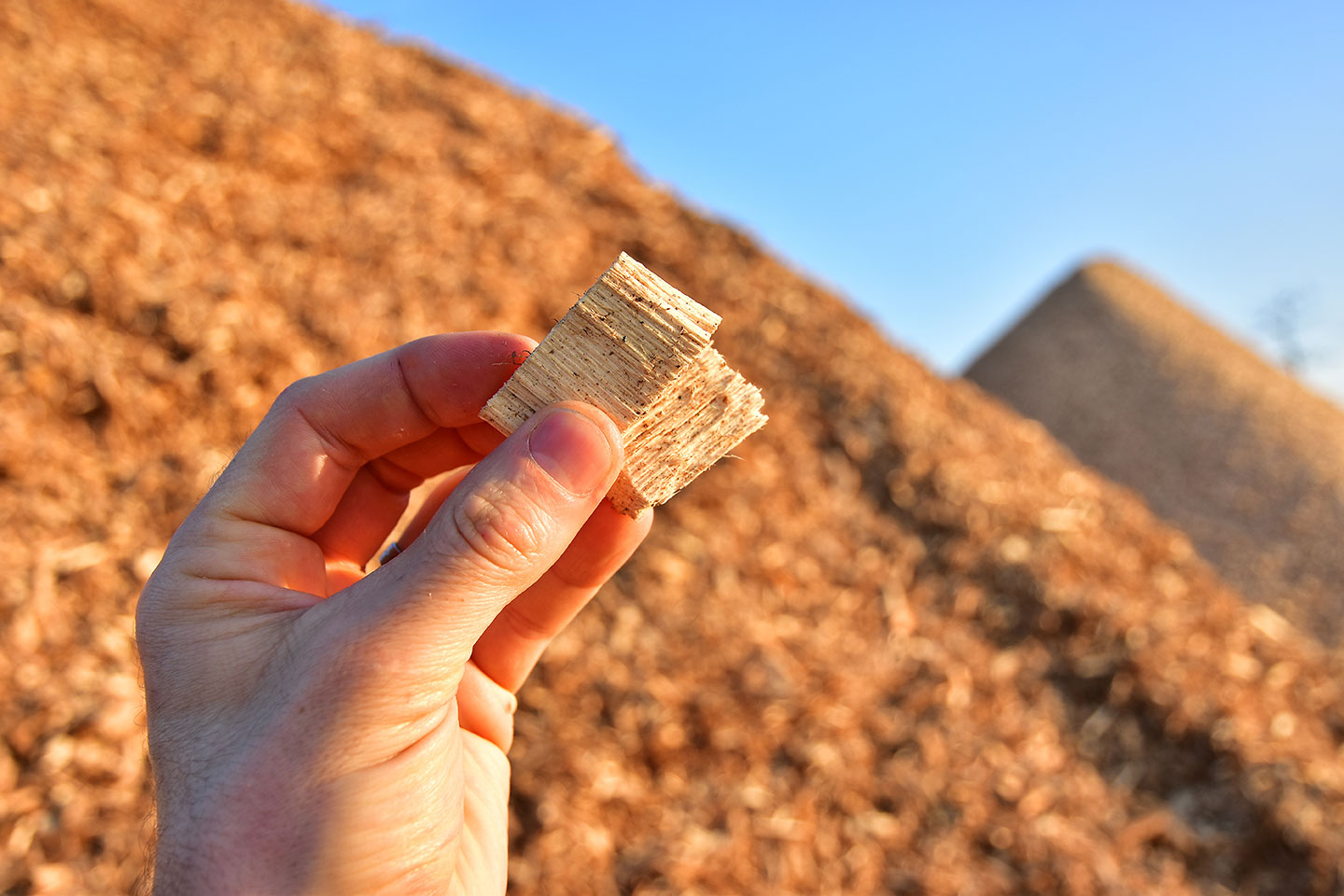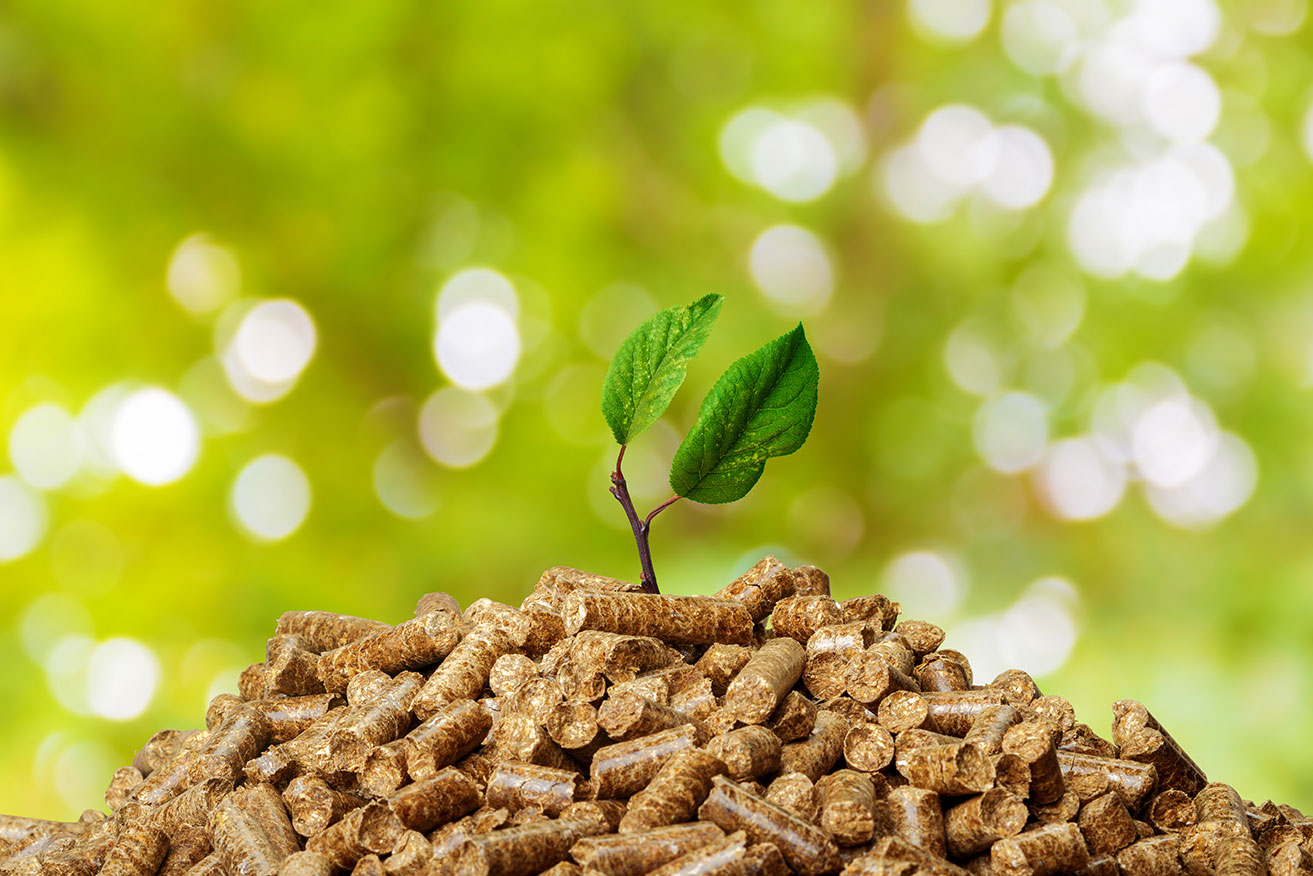BioMass Fuel
The oldest source of renewable energy.
To many people, the most familiar forms of renewable energy are the wind and the sun. But biomass (plant material and animal waste) is the oldest source of renewable energy, used since our ancestors learned the secret of fire.

Biomass is a renewable energy source not only because the energy in it comes from the sun, but also because biomass can re-grow over a relatively short period of time compared with the thousands of years that it took for fossil fuels to form.

Solid biomass, such as wood and garbage, can be combusted directly to produce heat or thermal energy. Biomass can also be converted into a gas called biogas or into liquid biofuels such as ethanol and biodiesel. These fuels can then be burned for energy.
The largest biomass energy source today.
Wood and wood waste remain the largest biomass energy source today; examples include forest residues (such as dead trees, branches and tree stumps), yard clippings, wood chips and even municipal solid waste. Wood energy is derived by using lignocellulosic biomass (second-generation biofuels) as fuel.
Harvested wood may be used directly as a fuel or collected from wood waste streams to be processed into pellet fuel or other forms of fuels. The largest source of energy from wood is pulping liquor or “black liquor,” a waste product from processes of the pulp, paper and paperboard industry. In the second sense, biomass includes plant or animal matter that can be converted into fibers or other industrial chemicals, including biofuels. Industrial biomass can be grown from numerous types of plants, such as switchgrass, hemp, corn, poplar, willow, sorghum, sugarcane, bamboo, and a variety of tree species, ranging from eucalyptus to palm oil.

